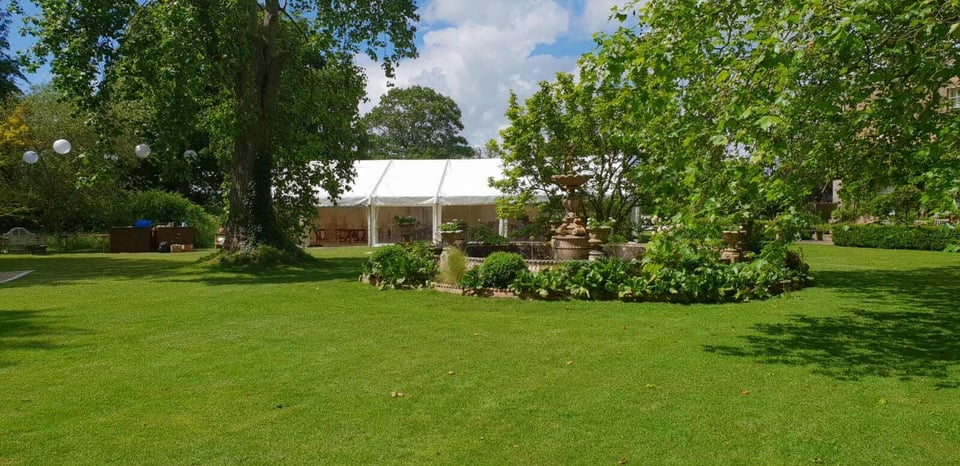Planning an event for the first time can feel overwhelming. This complete guide explains how to...
Plan an Event Checklist: 5 Steps to a Stress-Free Event

Planning an event in the retail industry doesn't have to be stressful if you follow these five essential steps.
Define Your Event Objectives
The first step to a successful event is to clearly define your objectives. What do you hope to achieve? Are you launching a new product, hosting a VIP customer appreciation night, or holding a seasonal sale event? Understanding your goals will help guide all your planning decisions and ensure that every aspect of the event aligns with your desired outcomes. For more insights on creating an unforgettable event, check out our 5 Tips To Make Your Event Unforgettable.
By setting clear objectives, you can measure the success of your event more accurately. It also helps to communicate your vision effectively to your team and stakeholders, keeping everyone focused and aligned.
Create a Detailed Budget
A well-planned budget is crucial for managing costs and preventing financial surprises. Begin by listing all potential expenses, including venue hire, catering, entertainment, marketing, and staffing. Be sure to include a contingency fund for unexpected costs.
Having a detailed budget allows you to allocate resources efficiently and make informed decisions. It also provides a framework for tracking expenses throughout the planning process, ensuring you remain within your financial limits.
Assemble Your Event Team
An effective event team is essential for a smooth operation. Identify key roles and responsibilities, such as event coordinator, marketing manager, logistics supervisor, and on-the-day support staff. Delegate tasks according to each team member's strengths and expertise.
A cohesive team can handle challenges more effectively and ensure that all aspects of the event are covered. Regular meetings and clear communication channels are vital to keep everyone on track and informed of any updates or changes.
Develop a Comprehensive Plan
A detailed plan is your roadmap to success. Start by creating a timeline that outlines all major milestones and deadlines. This should include booking the venue, sending out invitations, arranging catering, and setting up on the day of the event.
Your plan should also cover logistics, such as transportation, equipment rental, and contingency plans for potential issues like bad weather. Having a comprehensive plan ensures that nothing is overlooked and that you are well-prepared for every eventuality. When it comes to choosing the right venue, which is a crucial part of your event planning, consider reading our guide on How To Know If Your Event Venue Is Right For You.
Prepare for the Day of the Event
As the event day approaches, ensure that all preparations are finalized. Conduct a walkthrough of the venue to confirm all arrangements, and hold a final team meeting to address any last-minute concerns.
On the day of the event, arrive early to oversee the setup and ensure everything runs smoothly. Be prepared to handle any unexpected issues calmly and efficiently. With thorough preparation and a proactive approach, you can ensure a seamless and stress-free event experience.
